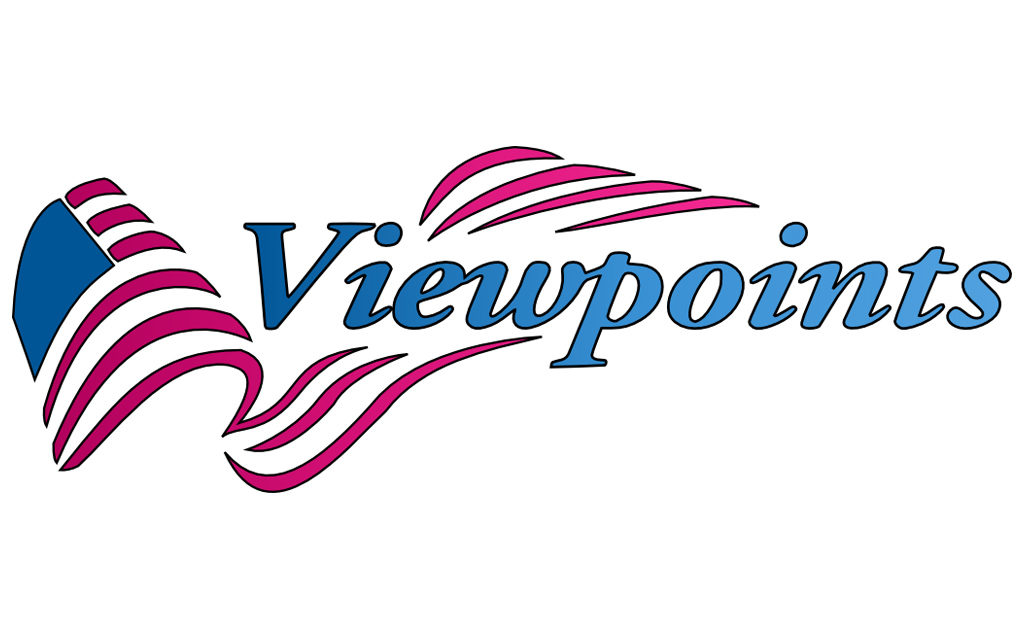The dictionary definition of Capitalism is: “An economic system in which a country’s trade and industry are controlled by private owners for profit.”
That’s a fair definition, but some economists would argue that private owners should not “control” trade, that trade should take place in a “free market.”
I would in turn argue that there’s really no such thing as a market that is “free.” No market is “free” from the need of currency as a mode of exchange, or free of resulting financial systems, or free from issues arising from the need for transportation. There are many more issues that cannot be totally “free,” or that cannot (or should not) be solved by an individual Capitalist owner’s control.
No market can operate without protection from individuals or groups or countries that seek to take control of that market. Markets thrive in “stability,” and individual owners simply cannot supply the defense necessary to secure and keep stable a market.
All these necessary functions cannot be controlled by private owners for profit. For example, for transportation, roads are needed. Should all roads be privately owned “toll” roads? Long ago, this was recognized as an unworkable arrangement; PUBLIC roads provided transportation to ALL citizens, and ALL goods in the many markets. Thus, one of the more important functions of government is to provide and maintain a robust and free system of transportation, available to all citizens to enable their “freedom,” and available to industry to enable Capitalism.
Capitalism has no soul, has no morality. Human beings have these qualities, and also have the capacity for evil, and for these reasons, Capitalism cannot exist as an economic system for human beings without regulation. Only the government can supply that regulation.
Take pollution, for example, or as a business owner would call it, “waste product.” The mining owner only has need of the ore he seeks; all the rest of the dirt and rock and material that must be mined and refined has to be disposed of. At the very least, the “natural environment” has been disrupted by the mining process, and these disruptions, aside from pollution, cause human problems. While we humans benefit from the ore, or lumber, or oil and gas, that result from private owners seeking profit, the toll on our earth and on the future of humans is often far too obvious, and unacceptable as a “price to pay” to enjoy the results of Capitalist profit seeking.
For one example, the miner who mines the mountaintop (which he owns) can just throw his waste material off the side, and down to the valley (which he may or may not own). That’s the cheapest solution to his waste disposal problem, but there are streams and rivers that run thru the valleys; they are rendered unusable (to landowners downstream) as a water (or recreation) source by the pollutions dumped there by the mine owner. Is this just “the way it goes,” and the mine owner should be freed by Capitalism of responsibility for the damage his pursuit of profits has caused? Only government can supply the regulation necessary to enable Capitalism, but also to address the human problems inherent in industry.
In POLITICAL BASICS 6 we will examine another existential problem with Capitalism that demands government intervention: Monopoly.
Submitted by Jeff Harrison.





